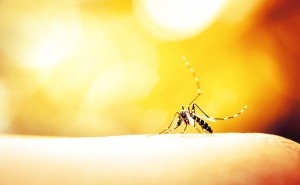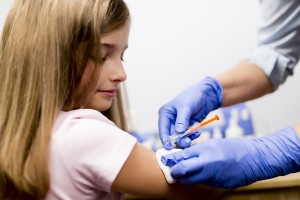 Unfortunately, West Nile Virus is a concern in Ontario, and, as such, you should be aware of what you are up against.
Unfortunately, West Nile Virus is a concern in Ontario, and, as such, you should be aware of what you are up against.
Background Information
West Nile Virus is transmitted by Mosquitos. Not all mosquitos carry West Nile Virus, but they are the vector by which this condition is transmitted to humans. As a result, the Public Health Agency keeps weekly reports on how many cases of human disease exist for the week during the current summer. As of July 11, 2015, there have been no reported diseases in humans in Ontario for the summer. I would hope that this information would bring some relief to most.
Signs and Symptoms
Majority of people infected by West Nile Virus, 80%, do not develop any symptoms. The problem arises in the other 20% of people who do have some symptoms. These symptoms tend to be quite mild and mimic that of influenza. The symptoms include headache, body aches, joint pains, vomiting, diarrhea, or rash. However, the individual normally recovers completely, but may experience fatigue and weakness for weeks or months after. Unfortunately, some individuals, under 1%, are not so fortunate and may develop more serious symptoms, which include inflammation of the brain. This inflammation in the brain (also known as meningitis or encephalitis) can cause tremors, seizures, paralysis, and disorientation. Most of the individuals who are impacted by the more serious complications will recover within weeks to months. However, 10% of those impacted with serious symptoms (the under 1% who contract West Nile Virus), may die from the complications. Individuals who are more susceptible to these more serious consequences include those over 60 years old; and persons with cancer, diabetes, high blood pressure, kidney disease, and organ transplants. Many of these conditions are conditions where one’s immune system are compromised.
What can you do to minimize risk?
In order to minimize risk, it is important to first diminish risk. In order to decrease the risk of being bit by a mosquito carrying West Nile Virus, one should use mosquito repellent (whatever form that may take) and keep covered in light coloured clothing. In addition, in order to diminish risk, it is important to improve the immune system health and maintain good health overall. In addition, if there are any stagnant pools of water on your property, it would be beneficial to empty them. For more information on how to boost your immune system to prevent illness, please consult your Naturopathic Doctor for more information.
Have you benefitted from reading this blog? Know someone that would benefit as well? Share, Like, Comment, or Tweet this article, and let me know what you think.
Some of the information provided above may not be appropriate for everyone, please consult with your doctor before trying any of the above. If you are interested in Naturopathic Medicine and wanting a different approach to your health care needs, contact Elisha Cook via the contact portion of this website.
Source: CDC – Centers for Disease Control and Prevention
Public Health Ontario

